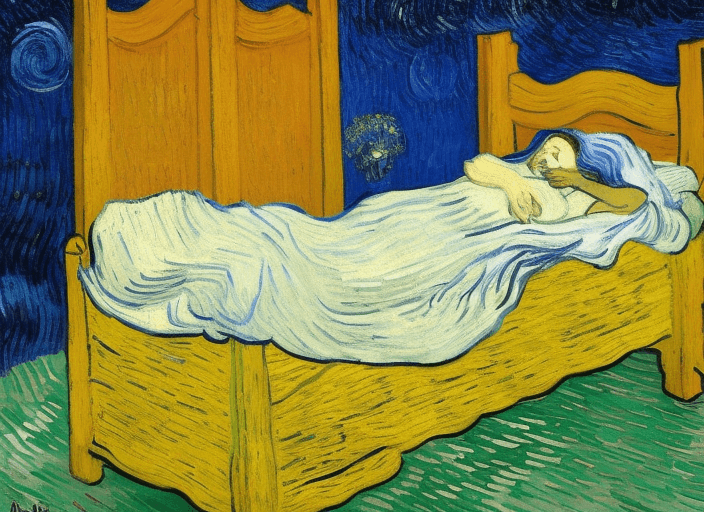
Rapid Eye Movement (REM) sleep is a stage of sleep characterized by the rapid movement of eyes under closed eyelids, increased respiration and heart rate, and increased brain activity. It is the deepest stage of sleep, and it plays an important role in physical and mental wellbeing. It is during REM sleep that the body repairs itself, consolidates memories, and processes emotions.
